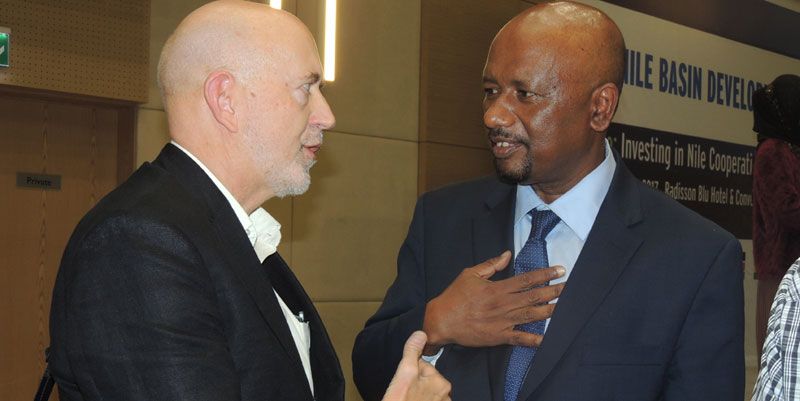

Prof. Dale Whittington, a renowned water expert appears to discuss the way forward Nile with Ethiopian water Minister Seleshi Bekele
The 5th Nile Basin Development Forum (NBDF), ended successfully in Rwanda’s capital Kigali last week with one resounding conclusion; Cooperation is not an option but a must, if member countries are to achieve greater economic prosperity, let alone preserve the river whose continued flow is linked to the survival of millions of people.
Held under the banner; Investing in Nile Cooperation for a Water Secure Future, the conference highlighted the immense pressures facing the ten member countries of the Nile Basin particularly the apparent water scarcity arising from the expected sharp increase in the demand for water.
The timing of the forum, coming just months ahead of the inauguration of several major energy projects on the Nile river by the member countries, made the discussions even more captivating and pressing.
The theme also came against the background of a protracted dispute over the share of Nile waters mostly between Egypt and the rest of the upstream basin countries. Last June, a meeting of Heads of States in the Basin countries failed to persuade Egypt to return to fully participate in the NBI platform, where member countries have over the past couple of years reiterated the need for cooperation as opposed to unilateral pursuit of projects as the basis of sustainable development of the Nile.
Egypt has particularly refused to endorse the Cooperative Framework Agreement (CFA) endorsed by six countries, which talks of cooperation and equitable use of the basin’s water resources, as opposed to its preferred 1929 colonial-era un-negotiated treaty that gave them and Sudan absolute rights over the use of the Nile’s waters.
With over 60 scientific papers presented at the Forum, researchers made it clear that the Nile Basin is facing unprecedented demand for water that is likely to deplete the water resources.
Studies by the NBI indicate that the imminent water scarcity could be as soon as five years from now, largely precipitated by the forthcoming filling-up of reserviours behind the major hydro-power projects like the GERD in Ethiopia.
The situation is being complicated further by the expected increases in demand for water due to population pressure and expected expansion of industries in the basin. For example the United Nations predicts that by 2050, the population of the Nile Basin countries will more than double from around 400 million to one billion.
The projected increase in population means that countries will need more water to grow food, run cities, and industries to meet the demand by the big population.
The anticipated huge spikes in water demand, scientists showed, will be complicated further by climate change, which will likely bring about greater variability.
Other revelations by the experts are that the Nile basin is generally a water scarce region, and experiences significant seasonal variability.
– That the the bulk of the Nile’s flow originates from upstream countries where it’s least used and sustains the lives of millions of people in downstream countries like Sudan and Egypt where it is has no catchment at all.
The reality of the Nile’s predicament, participants concurred, call for nothing not less than cooperative framework built around fair, sustainable utilisation of the water but also of more innovative solutions that are based on a sustainable basin-wide cooperative planning and implementation of development projects.
Citing the scarce nature of the Nile’s waters as well as the anticipated drops in the river’s flow due to new energy projects, scientists called for the development of alternative water sources to support agriculture as well as other uses.
Untapped Water
Ground Water was cited as one of the existing and yet untapped water resources for the basin. Underneath the vast sands of Sudan and Egypt lie a huge Ground Water reservoir which is projected to contain water equivalent to 1000 years of the Nile’s flow.
It was revealed that Sudan is already making good use of ground water to irrigate farms and support domestic water demands for people living far away from the Nile.
The possibility of using the huge Nubian Ground Water aquifer created significant excitement among many, although it was revealed that upstream countries like Uganda, Rwanda, Burundi and Kenya, do not have the size of ground water aquifers present in Sudan.
Participants were told to explore other solutions such as rainwater harvesting as well as cultivation of water-efficient crops.
The call for greater cooperation received even more support beyond the sheer need for water. As Dr. Abdulkarim Seid from the Nile Basin Secretariat in Entebbe revealed, greater cooperation offers greater advantages in form of sharing electricity, increasing trade for food and other industrial products and hence the possibility of lifting the living standards of millions of people.
But as participants departed Kigali back to their various home countries, it was evident the prevailing atmosphere of scepticism and mistrust thrives on lack of not only inadequate knowledge but more so the lack of shared interests between member countries.
In the absence of communication networks that would promote trade and encourage more regular people interactions between the Arab north and their Southern African counterparts, it was argued that the incentives for cooperation shall remain minimal, making it even more difficult to agree on the equitable use of the river’s water.
After all, as Mutaz Abdalla Salim, Sudan’s Minister for Water argued while dismissing the argument of apparent scarcity, that the Nile has continued to flow and sustained the lives of ever more people without increasing its volume.
The minister’s sense of comfort that the river’s volume will continue uninterrupted was not shared by many of the scientific papers presented, and hence did little to persuade participants to abandon the push for greater cooperation.
As a result, the meeting unanimously agreed to push for greater cooperation, including in planning of major projects such as power and irrigation projects to minimize their impact on other countries especially in downstream states.
The coming months and years, will however be critical to cooperation efforts as well as the lives of millions of people in the basin as Ethiopia, Uganda and several other countries inaugurate their key power projects including the 6490 MegaWatt Grand Ethiopia Renaissance Dam (GERD), Karuma and Isimba in Uganda, and the Grand Rusumo in Rwanda.


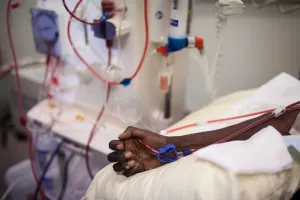
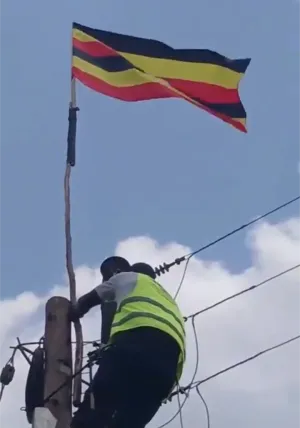
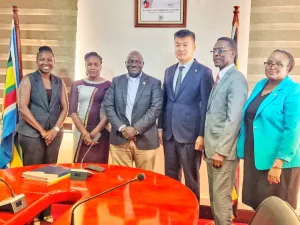

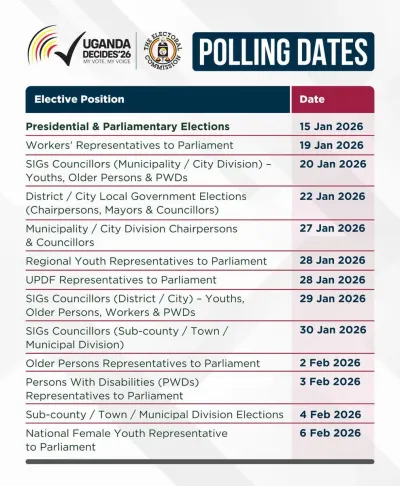





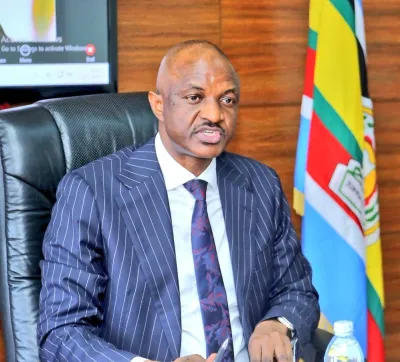

Sunrise reporter
Leave a Comment
Your email address will not be published.